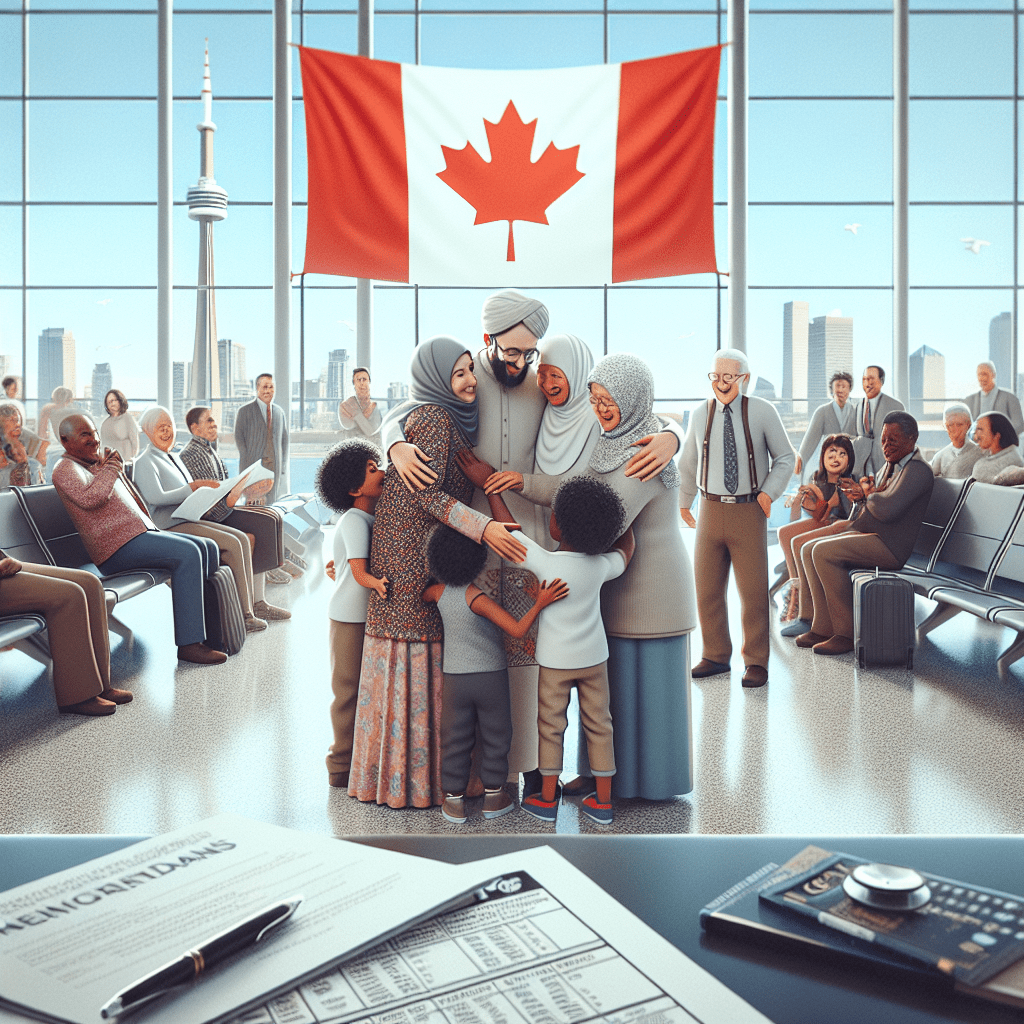Canada Eases Health Insurance Rules for Super Visa Applicants

Canada Expands Super Visa Health Insurance Options: A New Era for Family Reunification
In a significant policy shift, Canada’s immigration department has made it easier for parents and grandparents to visit their families through the Super Visa program. Starting January 28, 2025, applicants will have the flexibility to purchase health insurance from non-Canadian providers, a departure from the previous requirement that mandated coverage from Canadian insurers. This change is expected to facilitate family reunification, making it more accessible for many to connect with loved ones in Canada.
Key Changes to Super Visa Health Insurance Requirements
Under the new rules, parents and grandparents applying for a Super Visa must still prove they have private health insurance upon entering Canada. However, the critical modification is that they can now secure this insurance from non-Canadian firms that meet specific criteria set by the Office of the Superintendent of Financial Institutions (OSFI). These firms must be authorized to provide accident and sickness insurance and must issue policies that include a statement confirming they are conducting business as an insurance provider in Canada.
To ensure compliance, all health insurance plans, regardless of origin, must:
- Be valid for at least one year from the date of entry.
- Cover healthcare, hospitalization, and repatriation.
- Provide minimum coverage of $100,000.
Navigating the New Requirements
For newcomers considering non-Canadian health insurance options, the process involves a few key steps:
- Verify OSFI Authorization: Check the OSFI’s list of federally regulated financial institutions to confirm that the chosen provider is recognized.
- Ensure Compliance with Canadian Regulations: Contact OSFI to verify if the provider is authorized under the Insurance Companies Act.
- Policy Issuance Requirements: Confirm that the insurance policy meets the condition of being issued during the provider’s business operations in Canada.
This streamlined approach promises to reduce the burden on families who often face challenges navigating the complexities of Canadian health insurance markets.
The Bigger Picture: Why This Matters
The Super Visa serves as a vital alternative to the Parents and Grandparents Program (PGP), which has been beset by delays and uncertainties due to an overwhelming number of applicants. By allowing for a more straightforward path to family reunification, the Super Visa not only enhances the quality of life for many families but also reflects Canada’s ongoing commitment to inclusivity and support for its citizens and residents.
With the ability to stay in Canada for up to five years at a time, Super Visa holders can enjoy extended visits, fostering stronger family bonds and providing emotional support that transcends borders. For Canadian citizens and permanent residents, this means a quicker and more certain route to welcoming their loved ones into their homes, alleviating the strain of separation.
Conclusion
Canada’s decision to broaden health insurance eligibility for the Super Visa is a welcome change that aligns with the nation’s values of family unity and support. By simplifying the requirements and allowing non-Canadian insurance providers to participate, the government is not only easing the financial burden on families but also enhancing the overall experience of visiting loved ones. As Canada continues to evolve its immigration policies, it remains focused on creating opportunities for connection and community, ensuring that families can come together, regardless of geographical boundaries.



